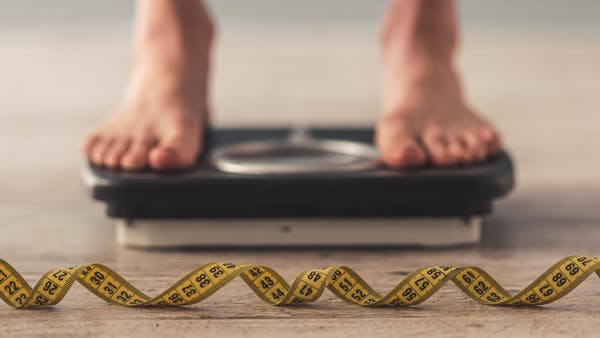
Does weight loss automatically mean better health?
It’s impossible to ignore the countless weight loss messages we’re exposed to online, on TV, at the doctor’s office, and on magazine covers we scan in the grocery store check-out line. Clearly, as a society we place a high priority on being slim. But losing weight may not always lead to better health.
If you’re at or near normal weight and in good health, dropping a few pounds or kilos is unlikely to improve your health. What’s more, even if you’re overweight or obese, some evidence suggests losing weight may not automatically make you healthier or help you live longer. The results may depend on your overall health status and how you lose weight.
There are healthy and less-than-healthy ways to lose weight. Unfortunately, some methods that produce rapid initial results can often be counterproductive for both health and weight long term. These include:
- Very-low-calorie dieting
- Liquid diets or long-term fasts
- Low-protein fad diets (such as eating only vegetables or fruit for days at a time)
- Using “fat-burning” supplements
Many of these weight loss strategies don’t provide enough essential nutrients — the kind your body can’t make on its own — to meet your needs. When that happens, you may experience hunger, fatigue, dry skin, and hair loss, among other issues. What’s more, you’ll be at increased risk of losing bone and muscle.
Worst of all, chances are high that you may regain all the weight you lost, if not more.
It’s not a stretch to suggest that, over time, if your body doesn’t receive the nutrition it needs while losing weight, you’re likely to feel worse, not better. Depriving yourself of adequate nutrition can cause muscle and bone loss, which can theoretically speed up the aging process and ultimately jeopardize your health.
That doesn’t sound like a good tradeoff for faster weight loss!



